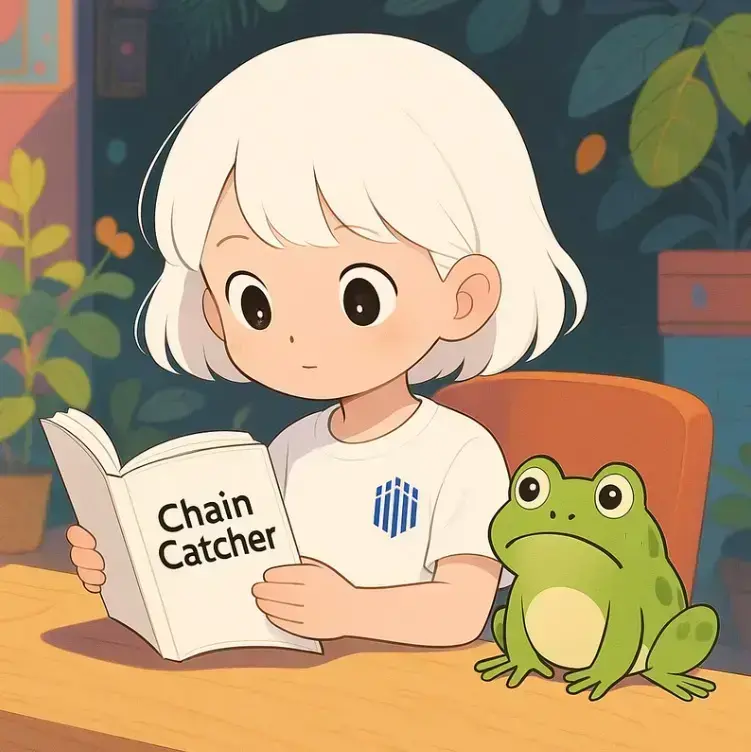UniCall's Strategic AFT Delisting and Full Holder Compensation: A Case Study in Corporate Restructuring and Investor Confidence
- UniCall delisted NASDAQ-listed Allied Fiber Technology (AFT) in 2025, integrating its fiber tech and customer services into the parent company to streamline operations and reduce overhead. - The restructuring maintained stable revenue growth and investor confidence, with analysts praising its transparent execution and one-time cost management. - Full cash compensation for AFT shareholders and pre-delisting valuation retention in OTC markets reinforced trust, aligning with industry trends toward vertical
Corporate restructuring is often a double-edged sword: it can either unlock latent value or erode trust through misexecution. In 2025, UniCall’s decision to delist its NASDAQ-listed subsidiary, Allied Fiber Technology (AFT), and integrate its operations into the parent company offers a compelling case study in strategic alignment, transparency, and long-term value creation. By absorbing AFT’s assets and offering full cash compensation to shareholders, UniCall navigated a complex transition with minimal disruption, earning praise from analysts and maintaining investor confidence.
Strategic Rationale: Consolidation and Core Focus
UniCall’s delisting of AFT was not a hasty move but a calculated step to consolidate operations under a single corporate structure. The integration of AFT’s fiber technology and customer engagement services into the parent company aimed to eliminate redundancies and enhance direct control over key functions [1]. This aligns with broader industry trends toward vertical integration, where companies prioritize operational efficiency and cost optimization in response to evolving market demands [1]. By streamlining its structure, UniCall positioned itself to focus on its core strengths—cloud-based contact centers and AI-driven customer experience platforms—while reducing the administrative and financial overhead of managing a dual-listed subsidiary [1].
Financial Performance: Stability Amid Restructuring
Critically, the delisting did not derail UniCall’s financial trajectory. The company reported stable revenue growth in its most recent quarterly results, with management explicitly stating that the restructuring costs were one-time in nature and would not impact long-term performance [1]. While specific revenue figures for 2025 Q3 remain undisclosed in public filings, the absence of material disruption underscores the effectiveness of the transition. Analysts have highlighted that such stability is rare in delisting scenarios, where operational integration often introduces volatility [1].
Stakeholder Reactions: Transparency and Trust
The success of any restructuring hinges on stakeholder buy-in. UniCall’s approach to compensating AFT shareholders—offering cash payments based on the pre-delisting share price—was widely accepted, with most shareholders participating in the buyout during the specified period [1]. This outcome reflects both the fairness of the terms and the company’s commitment to transparency. Analysts have noted that such openness is critical in maintaining investor confidence, particularly in an era where corporate governance scrutiny is heightened [1]. The delisting process, executed without major disruptions, further reinforced this trust, with UniCall’s stock retaining its pre-delisting valuation in over-the-counter markets [1].
Long-Term Implications: A Model for Industry Trends
UniCall’s AFT delisting exemplifies a broader shift in corporate strategy. As industries consolidate to counteract fragmentation and rising operational costs, companies that prioritize simplicity and clarity in their structures are likely to outperform peers. For UniCall, the move not only aligns with these trends but also positions it to reinvest savings into innovation, particularly in AI-driven customer engagement tools [1]. The absence of long-term financial drag from the restructuring suggests that the company’s focus on core competencies will yield sustained value for shareholders.
Conclusion
UniCall’s AFT delisting is a masterclass in strategic corporate restructuring. By integrating AFT’s operations, compensating shareholders fairly, and maintaining operational stability, the company has demonstrated that delistings can be executed as value-creation tools rather than defensive maneuvers. For investors, the case underscores the importance of evaluating not just the immediate financial impact of such moves but also their alignment with long-term industry dynamics and governance standards. In a market increasingly defined by consolidation, UniCall’s approach offers a blueprint for success.
Source:
[1] "UniCall Unifies Operations, Absorbs AFT in Strategic Restructuring"
Disclaimer: The content of this article solely reflects the author's opinion and does not represent the platform in any capacity. This article is not intended to serve as a reference for making investment decisions.
You may also like
Morning News | Perpetual contract trading protocol Lighter completes $68 million financing; ALLO announces tokenomics; UNI surges nearly 40% in 24 hours
A summary of major market events on November 11.

Tom Lee Exclusive Interview: The Bull Market Has Just Begun, Ethereum May Hit $12,000 Next Year

Bitcoin ‘Wave 3’ expansion targets $200K as sell-side pressure fades: Analyst
